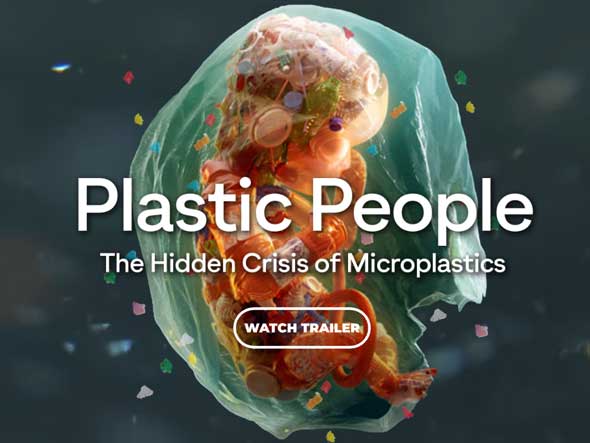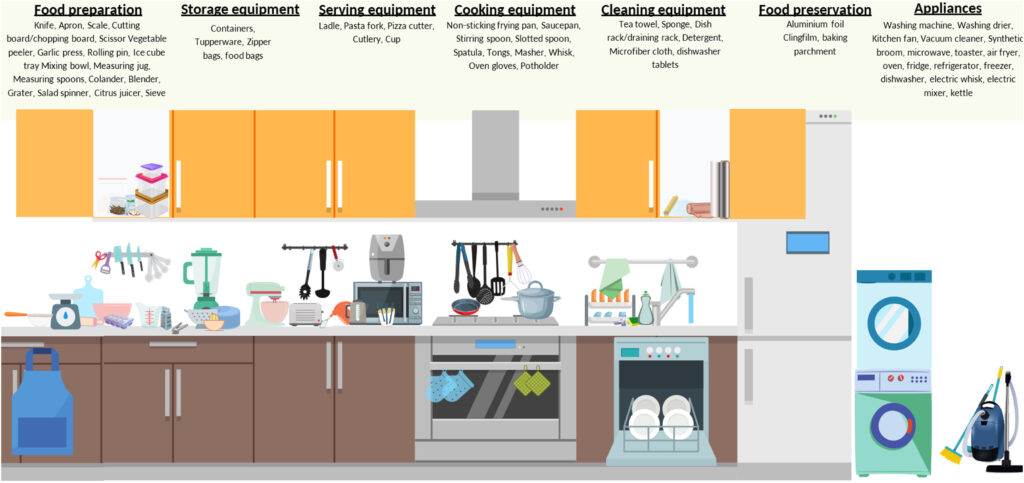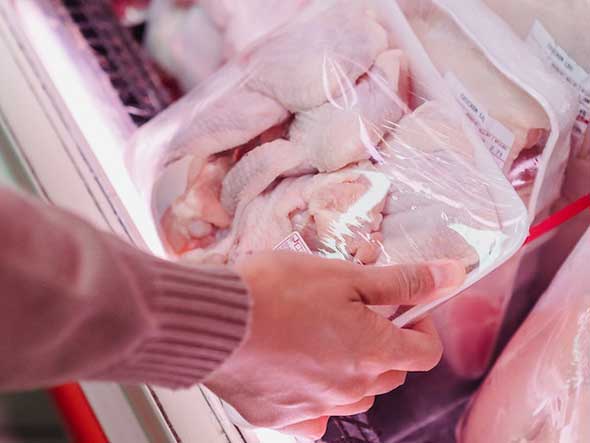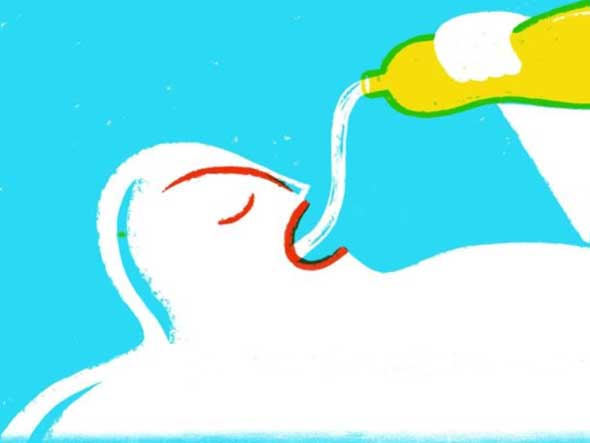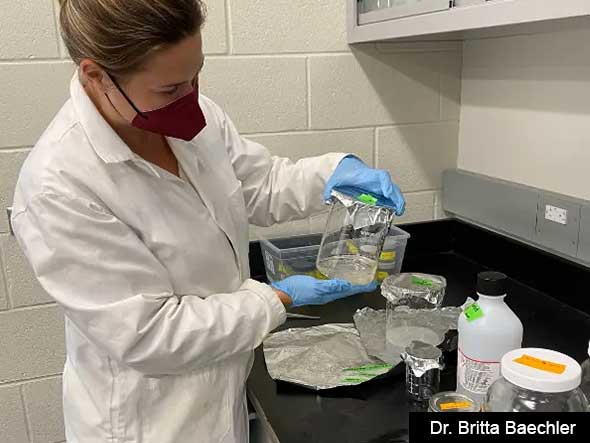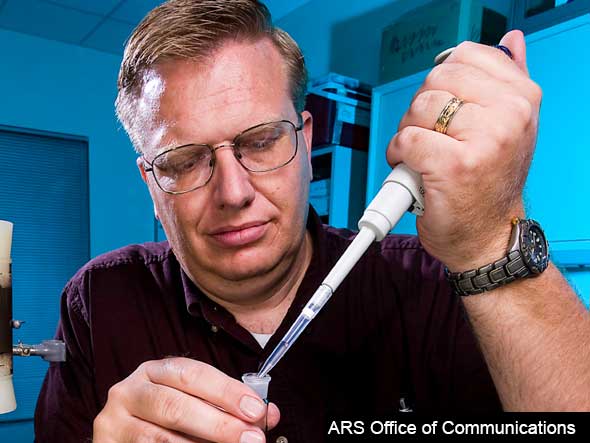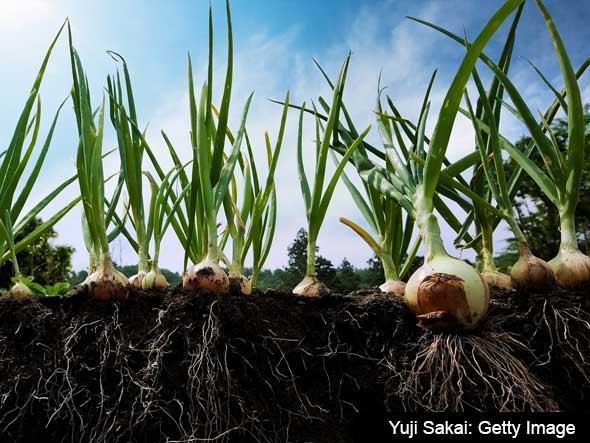Plastic People Documentary
(3/9/2024 – plasticpeopledoc.com) The ground-breaking feature documentary Plastic People investigates our addiction to plastic and the growing threat of microplastics on human health. Almost every bit of plastic ever made breaks down into “microplastics.” These microscopic particles drift in the air, float in all bodies of water, and mix into the soil, becoming a permanent […]
Plastic People Documentary Read More »

